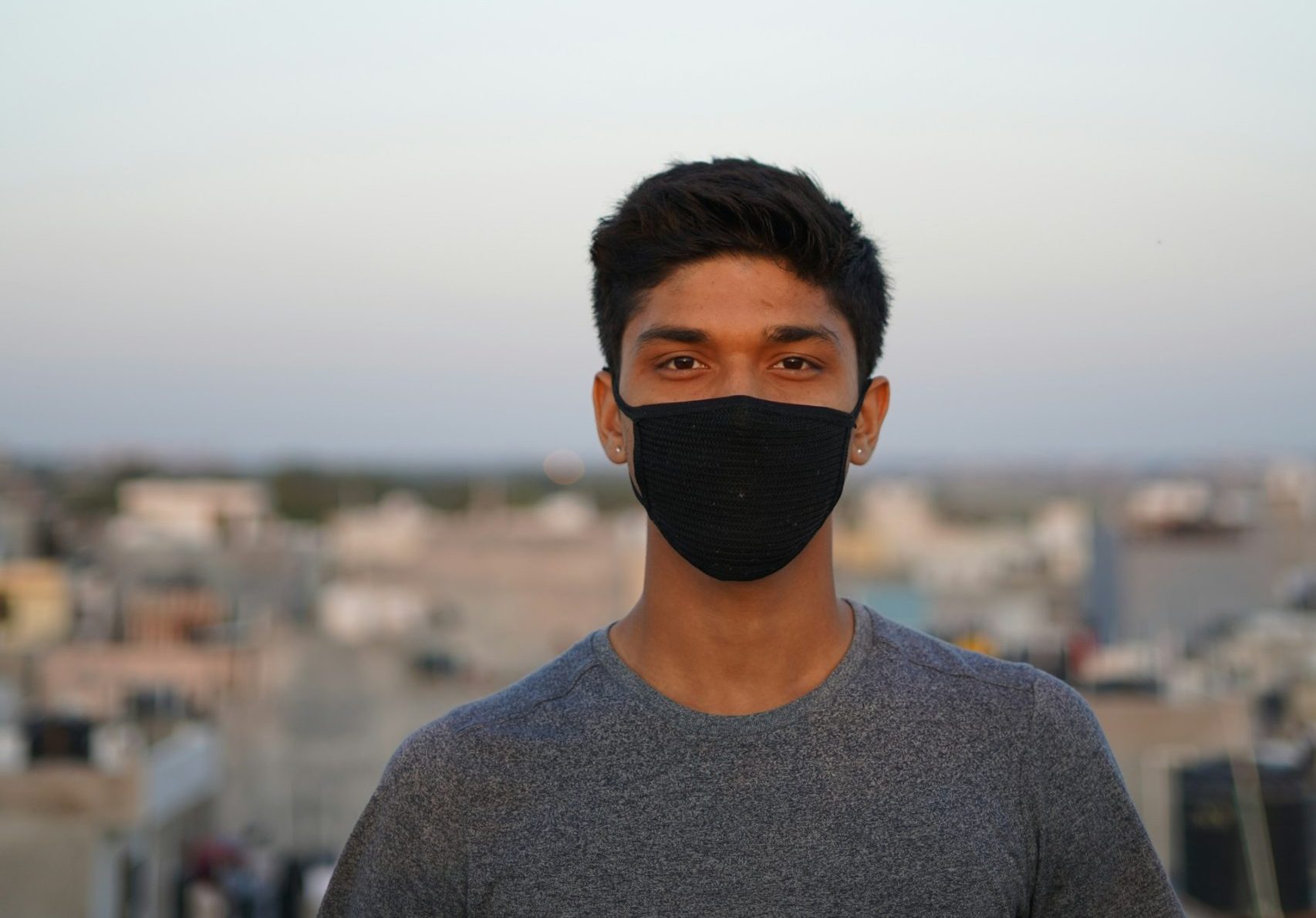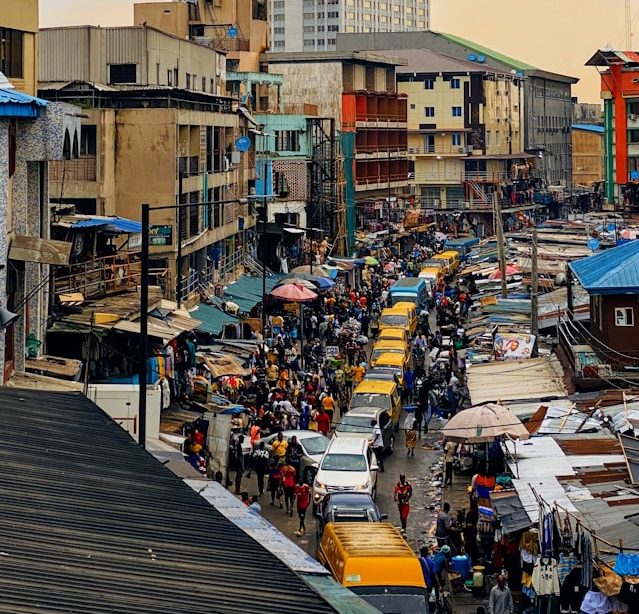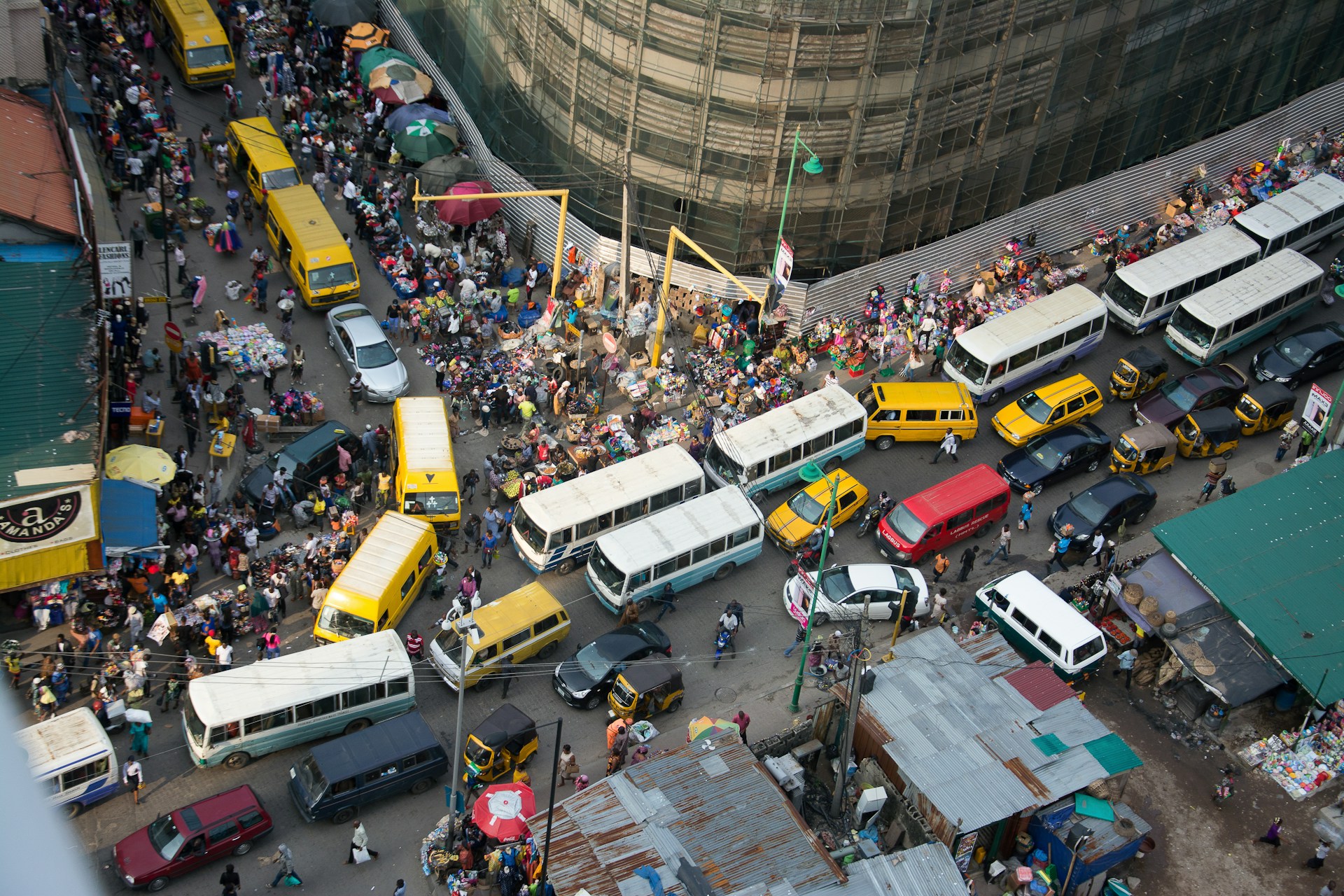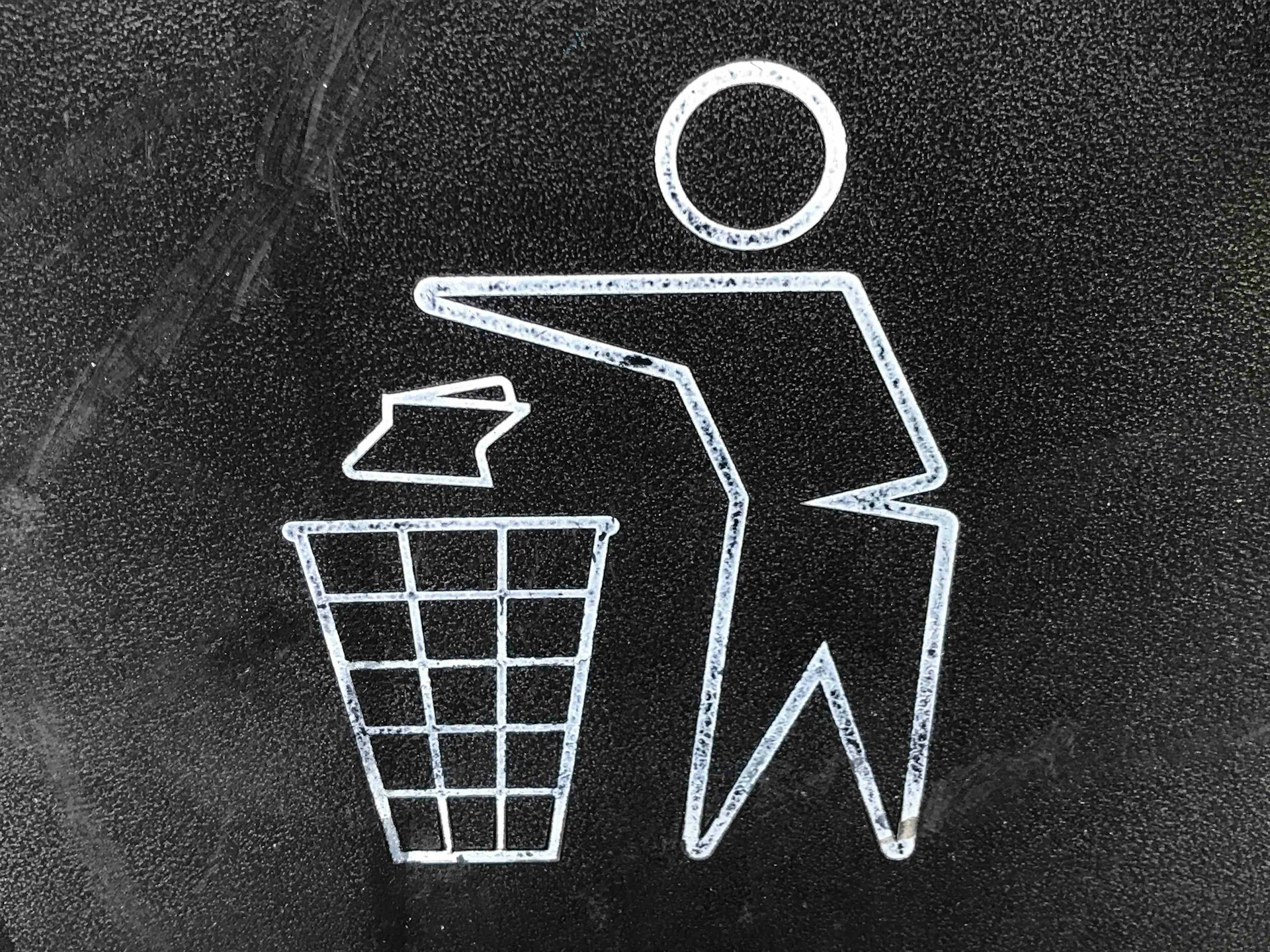A few months ago, a National Youth Service Corps (NYSC) member Ushie Uguamaye made the headlines for her outbursts in a viral video on the rising costs of living in Nigeria. She also aroused heated debates on reports of her saying “Lagos is smelling” – or something along that line. The young lady would later allege threats to her life following the release of the video.
Sequel to the corps member’s comment on Lagos being smelly to her, many other people have followed suit. We get to see some other people reiterating her opinions with statements like, “Lagos is smelling” or “Lagos is dirty.” So who is responsible for the dirt and stench? Do people even think or examine themselves before making such comments?
Is Lagos Really Dirty and Smelly?
Lagos is Africa’s most populous city, Nigeria’s economic powerhouse, and a vibrant hub of culture, commerce, and creativity. It is said to be home to more than 20 million people and more people are still moving to settle there practically on a daily basis.
With such a high number of inhabitants, it should not be that surprising for the city to be dirty and smelly – especially in a country like Nigeria. I can (somewhat instinctively) say that it is a tough task to maintain order in any over-populated place. The only exception will be when relevant authorities are deliberate, responsible, and fully accountable.
So, is Lagos dirty and smelly? Yes – at least, in some parts of the city (or state). And this can be linked to a variety of factors, including the “people” factor.
The only problem I have with comments such as “Lagos is smelling” or “Lagos is dirty” is the likely intentions behind them. For example, in a highly tribalistic country like this one, some people make these statements merely to shame a particular tribe.
Yet, we all know it’s not people from just one tribe that live in Lagos. It is, therefore, silly to think you’re shaming a particular tribe (Yoruba, in this case) when you say Lagos is smelling or dirty.
Who’s to Blame?
The question then becomes: Who should we hold responsible for the dirty state of several parts of the city-state? Well, we can point to more than just a factor. Let’s consider a few of them.
Setting
The geographical location of Lagos is one of those things that could be contributing to the smell that has been reported. It is a coastal city, being situated in the proximity of ocean and wetlands. The growth of microorganisms, including algae, in this setting can play a part in the odours some people perceive.
Poor waste and sewage management
The Lagos Waste Management Authority (LAWMA) and private sector participants (PSPs) are making efforts to make Lagos clean. However, they struggle to keep up with the massive amounts of solid waste produced daily.
Much of the city lacks consistent door-to-door collection, leading residents to dump waste in canals, gutters, or vacant spaces. Plus, the local sewage is untreated and often overflows into streets and canals, leading to unpleasant smell.
Overpopulation
Lagos doesn’t seem fitting to support the millions of people that currently call it home. It should ideally house far fewer people than it does at this time. The urban sprawl of the city means more people are generating waste, with inadequate systems to manage it.
Inconsistent government policies
Over the years, policies and leadership changes have disrupted progress. The result has often been confusion and inefficiency, from the banning of street sweepers to disputes with PSP operators.
Public unruly behaviour
Many residents dispose of trash irresponsibly. They throw sachet water nylons, plastic bottles, and food wrappers onto the streets or into drainage systems without care. Many urinate on roadsides, road medians, and other public spaces. Some even defecate indiscriminately into drainages, canals, and in isolated areas.
The other day, I was forced to voice out (using indirect speech) to a fellow who was busy throwing food waste and remnants out of the bus window from Ikeja all the way to the final bus stop at Ikorodu. I tend to always mind my business, but it became too hard to do so on that occasion.
I believe that some of those who shout “Lagos is smelling” are like that fellow. They look posh and all that, but they also litter public spaces with all kinds of waste. Talk about hypocrites!
The Way Forward
A dirty Lagos isn’t just an aesthetic problem. It is a major danger that could lead to a variety of problems, including disease outbreaks, damage and losses from flooding, and resulting loss of livelihoods. Dirt and bad odours can hurt the tourism potential of the state as well.
But it is not a totally hopeless situation to salvage if everyone is interested in dealing with the stench issue. All hands must be on deck – or made to be. Possible solutions include:
- Public enlightenment – Changing behaviour takes education. Government and civil society can run aggressive campaigns on TV, radio, social media, and in schools to promote sanitation habits. These will emphasize proper trash disposal to cleaning up after yourself in public places.
- Decentralisation of waste collection and recycling – Waste collection should be closer to the source — that is, households and communities. Incentives for recycling, waste sorting, and composting can reduce the load on dumpsites. Initiatives like Wecyclers in Lagos show the potential of innovation in waste recovery.
- Provision of necessary infrastructure – Without a doubt, Lagos needs more bins, better drainage, proper roads, and sustainable housing. Cleanliness doesn’t thrive in chaos. Planned markets, pedestrian walkways, and functional transportation reduce waste dumping and improve liveability. Vehicles, especially the public ones, need also to have waste baskets on board – this used to be the case in the past.
- Community-organised clean-ups – Lagosians need to reclaim their streets. Regular clean-up exercises led by residents, supported by local governments, can change attitudes. People are less likely to destroy their environment, if they’re involved in maintaining it.
- Policy enforcement and continuity – Regardless of who is in office, cleanliness should be non-negotiable. Laws against dumping waste in canals or streets must be enforced. Waste contractors should be held accountable — and rewarded — based on performance, not political connections.
Final Words
Ultimately, fixing Lagos’s dirt problem is not just about trucks and bins; it’s about mindset. Lagosians need to take personal responsibility for their surroundings. It means not throwing “pure water” sachets on the ground. It means reporting illegal dumpers. It means holding the government accountable and demanding clean neighbourhoods.
A clean Lagos is not just a dream — it’s a duty. The onus is on all residents to ensure that “Lagos is smelling” will no longer be a valid statement. It helps to a degree even if all you do is to not dispose your own waste improperly.





Recent Comments